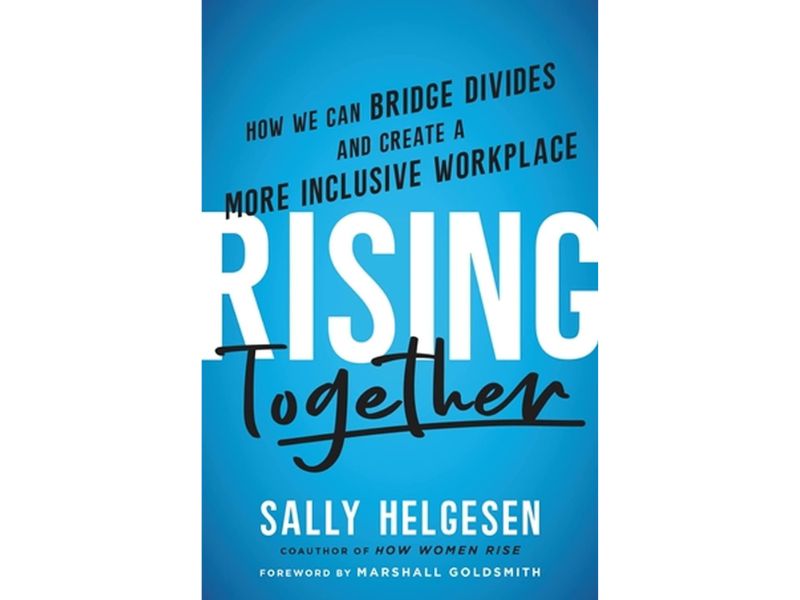BAME workers had to hide their personalities, pre-lockdown, new research has shown.
The research, conducted by culture change business Utopia, found that ethnic minority workers feel immense pressure to hold a standard of professionalism that favours white workers.
Utopia interviewed a representative sample of over 2,000 respondents across the UK and found that nearly half (49 per cent) of BAME workers in the UK feel they have to mask part of their identity to fit in at the office. The disconnect is even harsher when extended purely to BAME women, with 59 per cent feeling this way.
This is further compounded by the fact that 41 per cent of BAME people feel their workplaces don’t offer inclusive cultures, highlighting a genuine disconnect between employees and the C-suite.
The inclusivity problem extends to the career ladder – 41 per cent of BAME people feel less likely to progress professionally because of their ethnicity, while only nine per cent of white workers felt this way, indicating that BAME workers are more susceptible to barriers due to their ethnicity.
The study also showed that 50 per cent of BAME men and 59 per cent of BAME women are afraid to show vulnerability for fear of being judged. Moreover, 44 per cent of BAME people are afraid to ask for emotional support at work when they need it.
Tolu Farinto, change-maker at Utopia, said, “The research shows the Black community in particular is faced with the pressure of forming faux identities because employers are orchestrating an environment that expects workers to ‘act white’.”
“And because of these ‘white cultures, Black employees are not progressing as fast as their white colleagues.”
“To overcome these systematic challenges, businesses must create inclusive cultures that demonstrate ethnicity is not a barrier to success in the workplace.”
“This is integral now more than ever, as employers start to consider the move back to the physical office.”
Emma Mainoo, change-maker and Head of Utopia’s mental health practice, added, “A diverse, inclusive workforce is a healthy workforce.”
“To go back to an environment where they still feel like outsiders is something ethnic minority workers shouldn’t have to face.”
“However, the Black Lives Matter movement has forced people managers and business leaders to take accountability and spearhead change.”
“Hopefully, this will translate into the post-pandemic workplace.”
WeAreTheCity covers the latest female centric news stories from around the world, focusing on women in business, careers and current affairs. You can find all the latest gender news here.
Don’t forget, you can also follow us via our social media channels for the latest up-to-date gender news. Click to follow us on Twitter, Facebook, Instagram, and YouTube.









